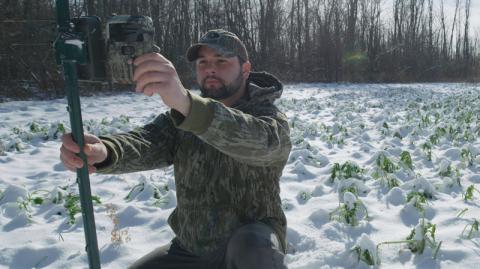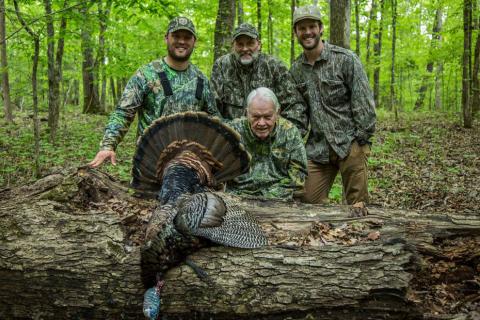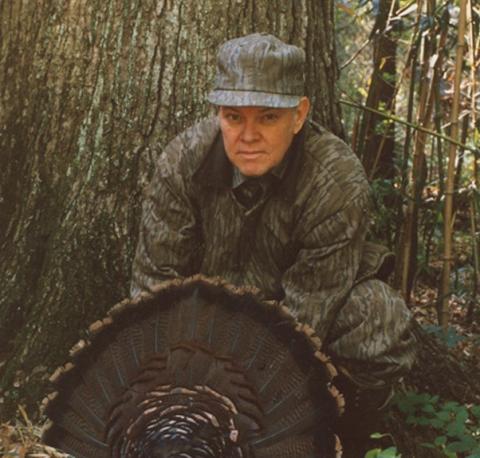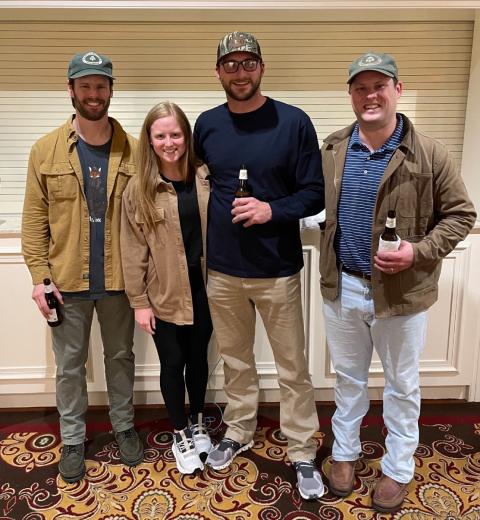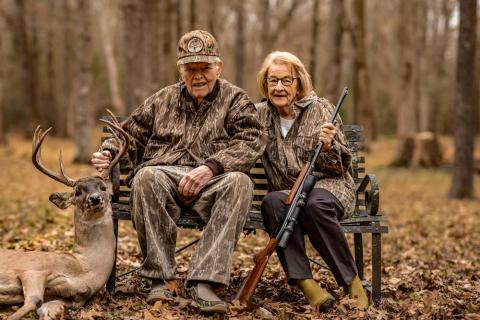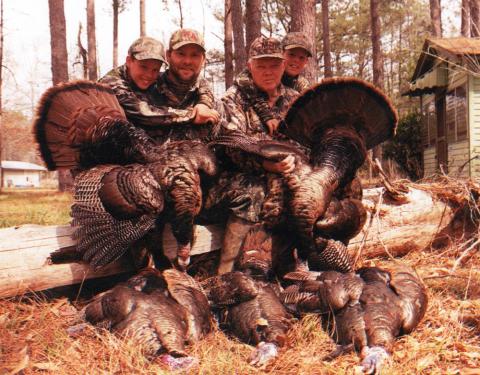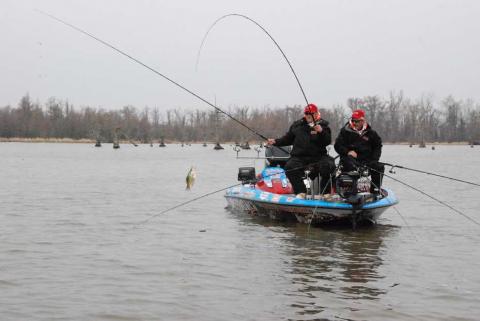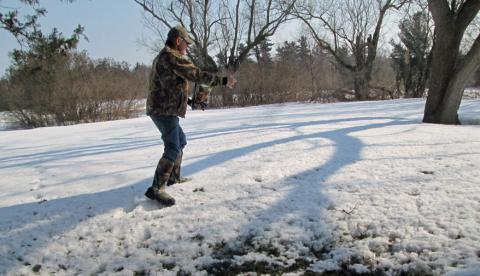Will Lindsey | Mossy Oak ProStaff
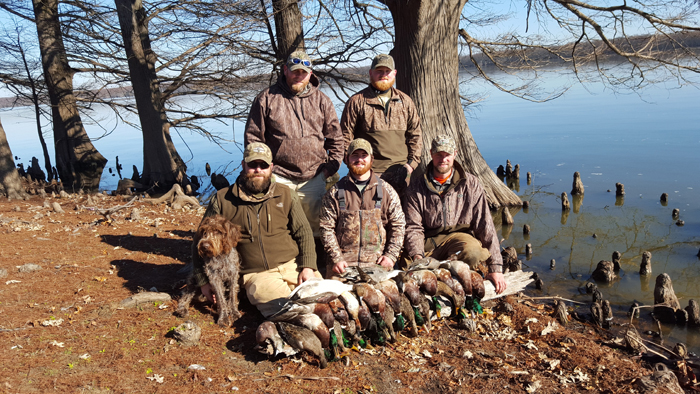
If I could suggest anything that I thought would help duck hunters in any section of the country, I’d suggest that they take a long hard look at using Filler Killer decoys that are available from www.cypresscreekonline.com. You can think of every reason in the world that these black jugs won’t work, but they do.
The second recommendation I’ll make is don’t call too much to the ducks. Many times, a duck hunter is much like a turkey hunter. When he or she buys a call, he feels like he ought to be using it a lot. The real secret, if there is one, is to believe in your decoy spread. Believe that your spread will pull the ducks into gun range, and the calls should only be used for two things:
- get high-flying ducks to look down at the decoys; and
- convince the ducks that the decoys are ducks.
If you blow a duck call too much, I feel you have a greater chance of spooking your ducks than you have for getting your ducks within gun range.
Another very important key to having a quality duck hunting place is having a nice kitchen set up in your blind. We usually cook sausage, biscuits, boudin and hamburgers in our blind. The person who limits out first starts cooking. Every time a hunter limits out, he participates in the cooking and the passing out of the food. Another reason that having a good kitchen is so important is that some mornings won’t turn out as good as you expect them to, and you have to stay in the blind longer than you’ve planned. Therefore, having snacks and delicious food cooking is really important. Because duck hunting is as much social as it is shooting, the social aspect of the blind is much enhanced by good food.
The first week of duck season in Tennessee, our blind took mallard, gadwall, ring-necked and teal ducks. The duck I've been most surprised being harvested in our blind was a Goldeneye. The only reason we could figure out that a Goldeneye would be seen on the Mississippi Flyway was that he was totally lost. Goldeneyes are most often taken in open water, and the backwater slough where we hunt is more timber hunting.
We’re often asked about duck bands. We just don’t take many banded ducks. We feel lucky if we get one per year. Most of time, the bands we get will come from Saskatchewan, Canada.
I love to duck hunt, but I also love my new job with the Tennessee Wildlife Resources Agency. Right now, I'm a fisheries technician. The crew I work with manages five different lakes - Lake Graham, Carroll Lake, Garrett Lake, Browns Creek Lake and Maples Creek Lake.
If the opening weekend of duck season was any indication of the type of waterfowl season we’ll have on the Mississippi Flyway, you may want to buy more shotgun shells than usual.
Twenty-three-year-old Will Lindsey from Jackson, Tennessee, has been hunting waterfowl for 12 years. He just graduated from the University of Tennessee at Martin with a degree in wildlife and fisheries. While in school, Lindsey could hunt ducks for 56 days before his classes. But since he’s taken a real job, he’s having difficulty hunting as many days as he would like. His favorite camo is Mossy Oak Bottomland - not just for duck hunting but for any type hunting he does. A Mossy Oak Pro for about a year, Lindsey hunts waterfowl near the Moss Island State Wildlife Management Area (WMA), north of Memphis and Jackson in the Hales Point region.
















